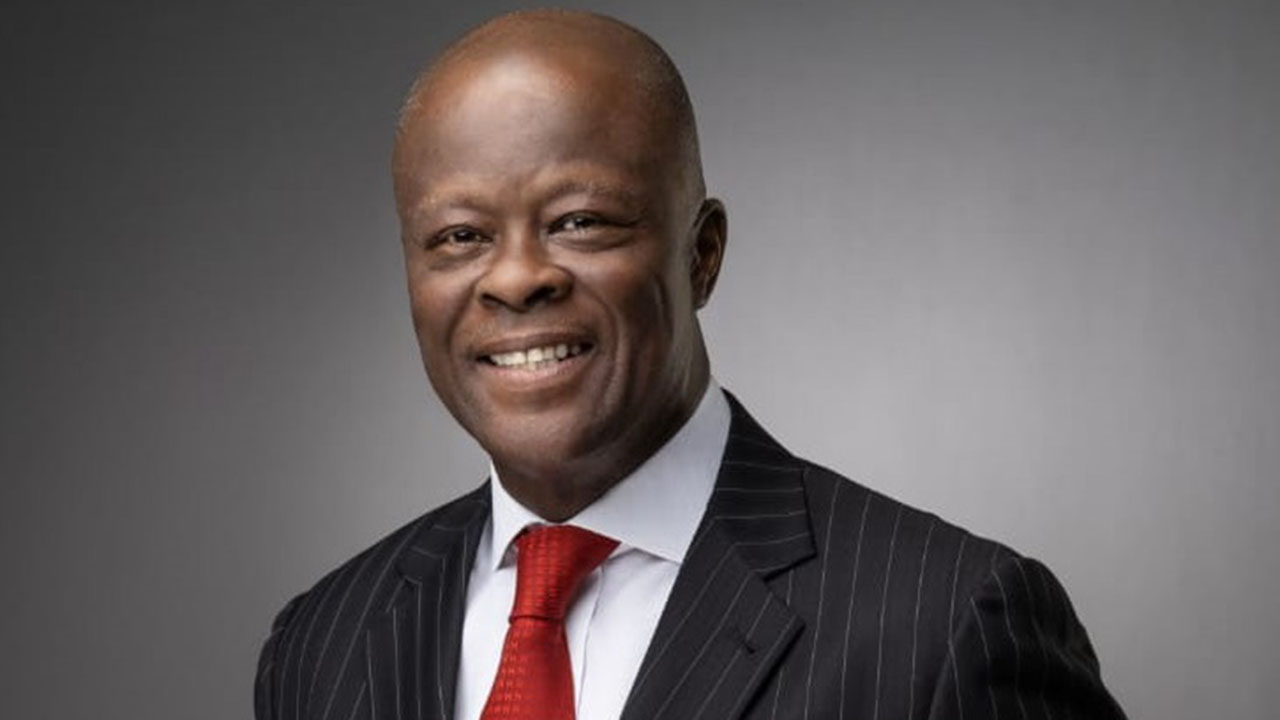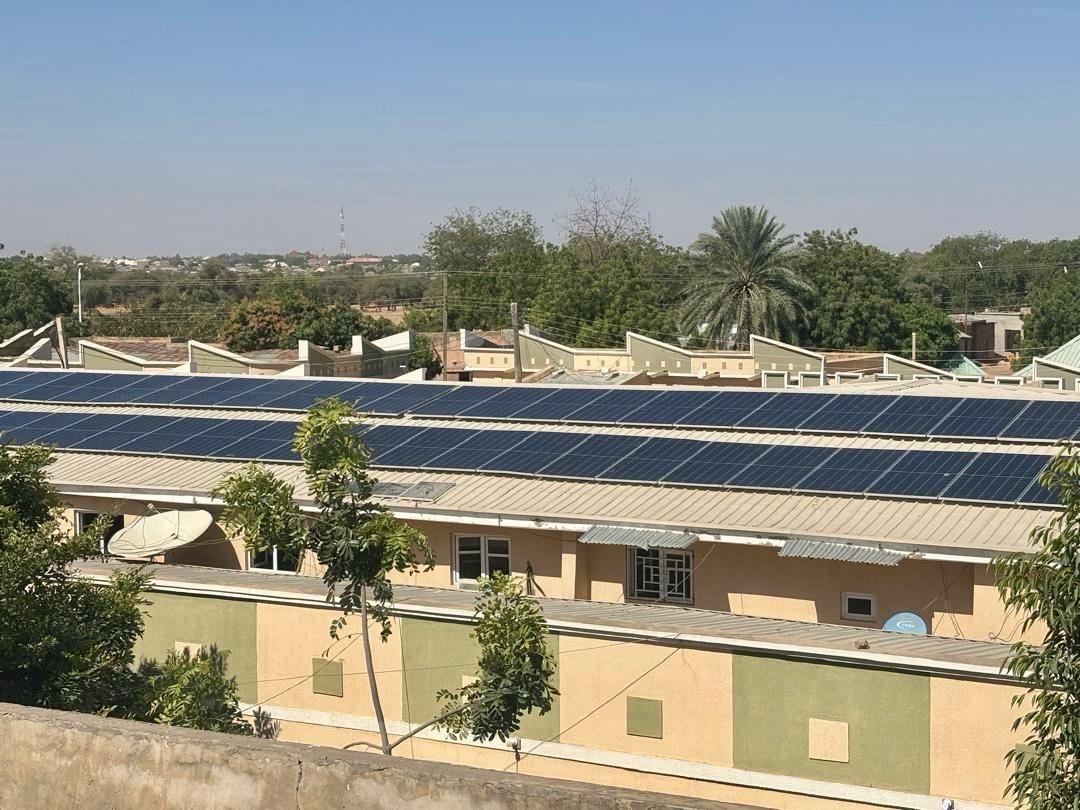
According to him, on June 23, 2023, Nigeria’s oil revenue had fallen, creating increased budget deficit that was almost 6 per cent of GDP.
This, he said, was not sustainable, hence the need for the to take some harsh decisions to save the economy.
“First, was to remove subsidy, unify the FX market and start domestic revenue mobilization and by the first half of this year, aggregate revenue was doubled through application of technology.
“Secondly, rather than waiting for compliance, we look at how MDAs were allowed to spend and the percentage of the surplus that accrued to government and we deduct automatically. Another new innovation we have introduced is that we now have approval for MDAs procurement payment to be made directly to third party, thereby boosting transparency in the running of governance,” the minister added.
On what the government has been doing with savings from subsidy removal, Edun said “these funds are reinvested in agriculture as stakeholder farmers have so far been given inputs, and over 20 million people from four million households have been empowered, and it will rise to 15 million.
“Also, we have set up an education loan fund, and so far we have processed 250,000 applications and 30 per cent students are already funded.
“We also have the consumer credit scheme that is providing Nigerians with the funding they require to improve their lives. Thus, these reforms have saved the country 5 per cent of GDP,” he claimed.
Also speaking, the World Bank Country Director, Ndiamé Diop, said “for every reform to be conducted by Nigeria, the need to increase revenue is very important, so if revenue is low, debt will be increasing because in 2022, Nigeria spent 6 per cent of GDP for debt services.”
According to him, Nigeria’s revenues have increased significantly because of forex unification.
“I want to also announce that last year, when we benchmarked Nigeria’s revenue to GDP; it was among the least five because the figure was very low, but surprisingly, it has now improved from 7.6 per cent to 10.5 per cent,” Diop said.





